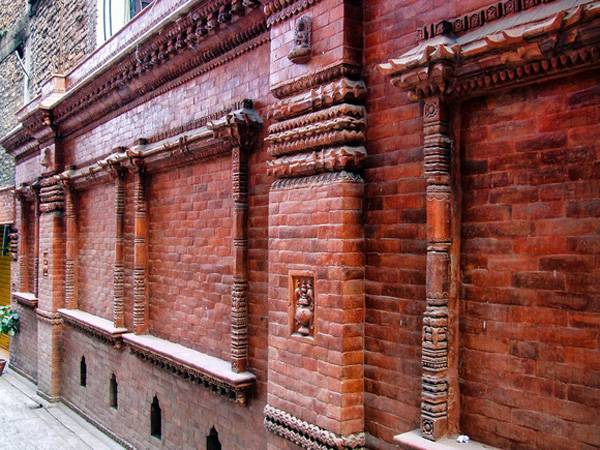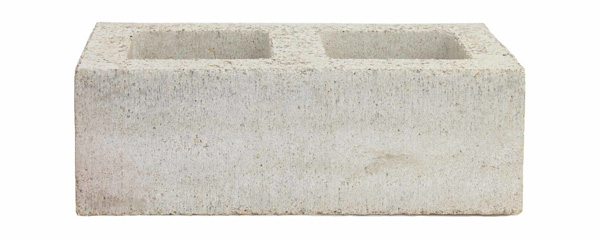
“I’m thrilled to announce a range of new Watershed Block, all made using local materials that celebrate the region of their origin, all produced with the latest in sustainable building materials technology. – David Easton + the Watershed team
green brick
Terra Cotta Decorative Brick
Rammed Earth Block Machine Makes Clay Materials Harder than Concrete
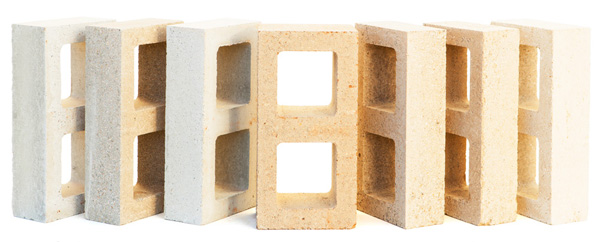
Guest post by Alex Wright of Watershed Materials, the company who’s making geopolymer concrete blocks out of waste clay materials. We’ve covered their exciting development in two previous blog posts. This article focuses on their rammed earth block machine.
Watershed Materials Develops Clay Masonry Twice as Strong as Concrete
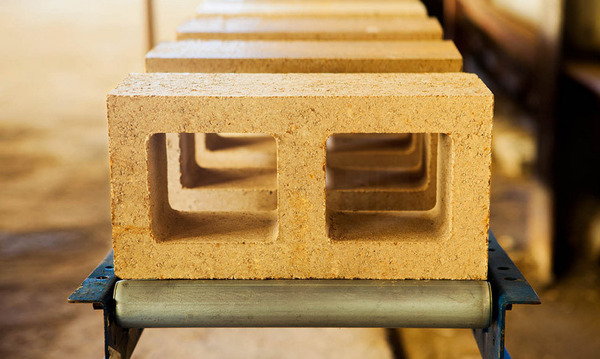
California-based startup Watershed Materials, with support from the National Science Foundation, has spent the last four years researching and developing a concrete alternative. Currently, their studies have produced a masonry created with natural, mineral based geopolymers, that has incredible strength and very low-carbon footprint.
Green/Eco Friendly Brick Options
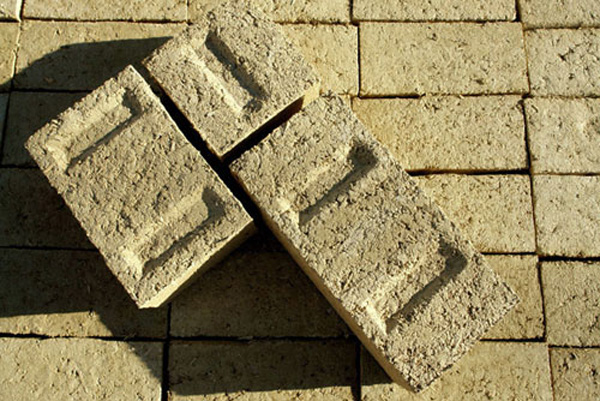
Why do we need greener options for making bricks? Here’s a quote from IDSN MOW “1.3 trillion bricks are manufactured on earth each year, and at least 10% of which are made in coal-fired ovens, on a whole releasing 800 million tons of CO2 annually.” In addition, clay bricks often destroy valuable topsoil. We need affordable, locally made, low tech eco bricks for the masses. Here is a list of leading eco-friendly green bricks.
Rice Hull Ash Brick Formula With No Cement
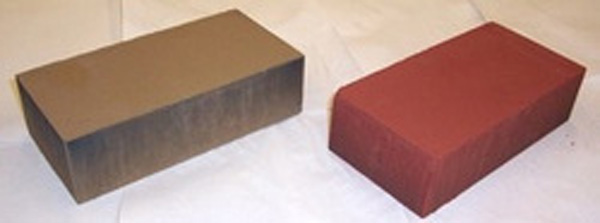
Yesterday’s blog post was about making bricks with rice hull ash. Today we’ll review a few benefits of using rice hull ash in non-Portland cement products such as bricks and geopolymer, and give a formula for making rice hull ash bricks with no cement. Please note how other agro wastes such as sugar cane ash peanut shell ash and coconut ash could also be used. Use what is low cost and locally available.

